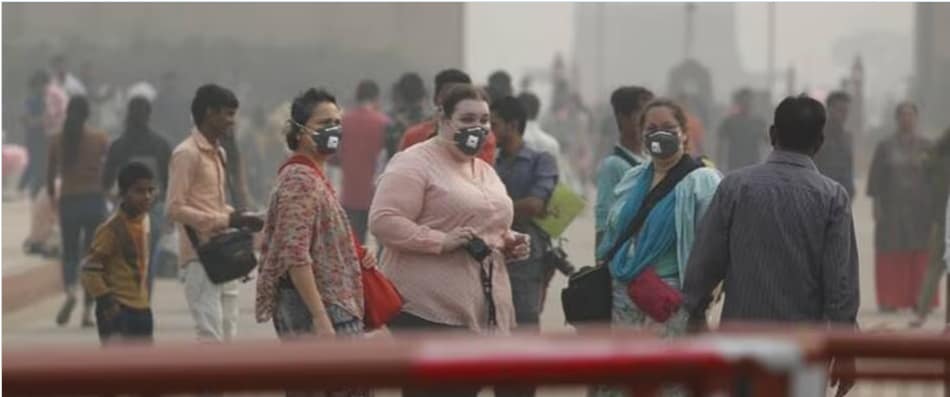Every winter a vast swathe of northern India is engulfed in a toxic haze. Air pollution reaches hazardous levels and it’s not uncommon to see people suffering from its impact. The air quality index in the national capital Delhi was in the severe category for six consecutive days.
India ranks eighth among the 10 most polluted countries in the world. Air pollution has been rising continuously and is believed to be responsible for an estimated 7 million deaths each year, according to the World Air Quality Index Report 2023.
Air pollution is frequently the cause of ailments, including asthma, cancer, and even heart diseases. According to a WHO report, environmental risks cause 12 per cent of the global disease burden, with air pollution ranking first.
Some common effects of air pollution include respiratory/bronchial obstructions, lung cancer, cardiovascular diseases, stroke, and acute respiratory infections.
Considering this backdrop, it is important to know if health insurance policies cover these illnesses brought on by pollution.
Raghavendra Rao, Chief Distribution Officer of Future Generali India Insurance Company Ltd, said, “One cannot ignore climate change and its associated risks to human health. As pointed out earlier, increasing levels of air pollution can significantly impact an individual’s health, both short-term and long-term. While some ailments may require immediate hospitalisation, others may call for sustained, long-term health interventions.
“In both situations, it can push up the total cost of healthcare services, causing financial stress. The Insurance Regulatory and Development Authority of India (IRDAI) had, last year, extended the ‘Use and File’ procedure for all health insurance general insurance products under the health insurance business. This gives insurers scope to introduce their products to the market on filing with the regulator, enabling them to offer innovative solutions to their customers. It is an evolving field, and one needs to constantly keep ears to the ground to meet consumers’ changing needs,” he added.





